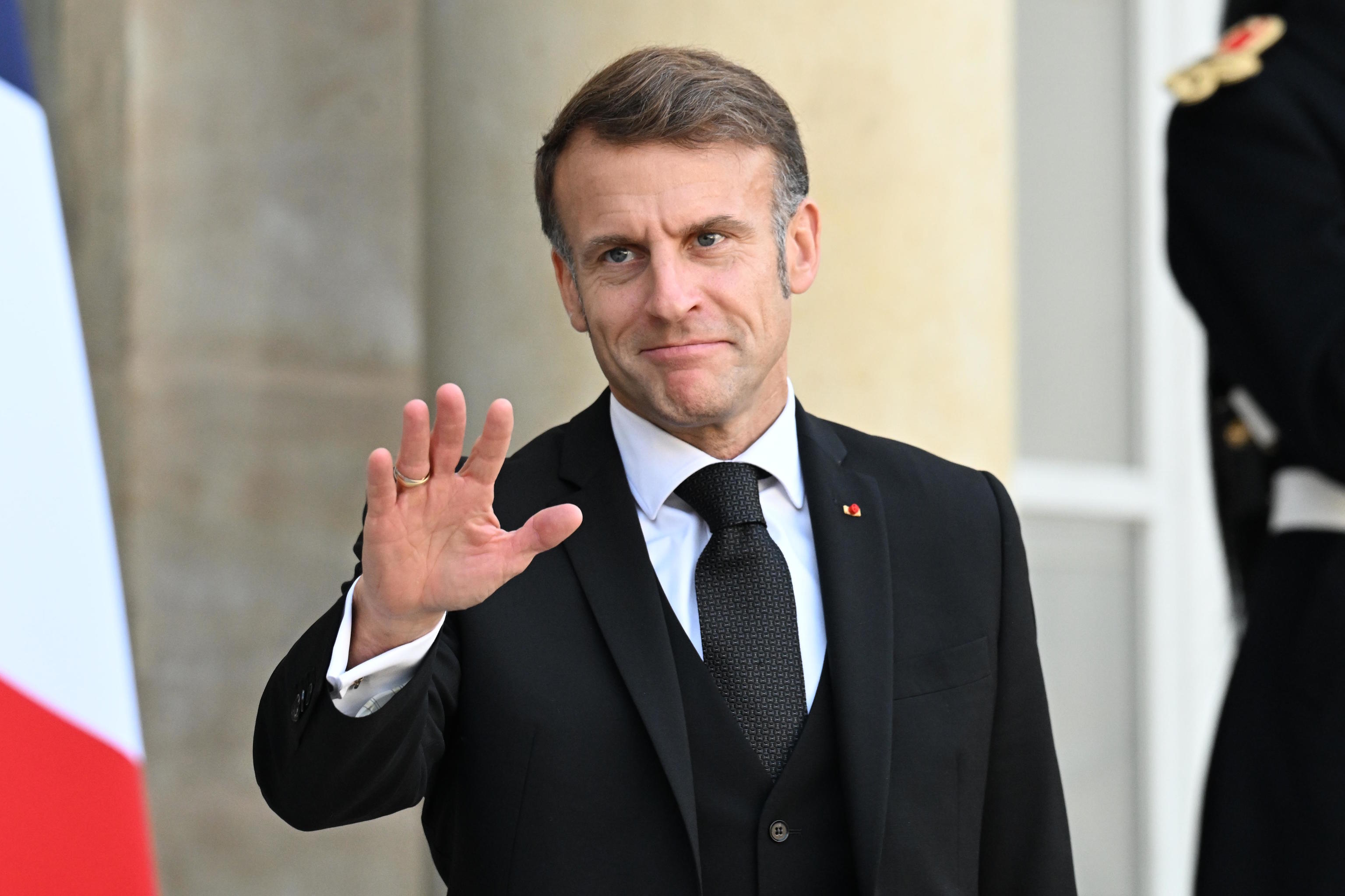France has just equipped its four nuclear submarines with the latest generation of ballistic missiles M51.3, as an integral part of "the policy of renewing nuclear deterrence" and in a context marked by geopolitical tensions and global rearmament. The Ministry of the Armed Forces stated that the incorporation of the new missiles "marks an important step in the modernization of the oceanic component" of its nuclear strategy.
The new missiles, manufactured by ArianneGroup, are equipped with thermonuclear warheads TNO-2, with improved "range, precision, and penetration capability." Weighing approximately 48 tons, the intercontinental missiles are capable of traveling distances between 6,000 and 14,000 kilometers to reach their targets.
France is the only EU country with a nuclear arsenal and the fourth power globally, with 290 operational warheads (compared to Russia's 5,580, the United States' 5,225, and China's 600, and ahead of the UK's 225). President Emmanuel Macron recently opened the debate on the possible extension of the French nuclear umbrella to European allies in the face of the "Russian threat."
"We have the most effective army in Europe and, thanks to the decisions made by our predecessors after World War II, we have nuclear deterrence capabilities," Macron recalled. He has been accused by Moscow of wanting to "go down in history as a military leader after failing to resolve a prolonged political crisis in his country."
A statement issued by the Russian Foreign Intelligence Service (SVR) accused Macron of preparing "the dispatch of a contingent of up to 2,000 soldiers to Ukraine." According to the SVR, the force would be made up of "legionnaires mainly from Latin American countries" and would be receiving intensive training in the border regions of Poland.
Macron indirectly accused Moscow of launching a campaign of "disinformation" and emphasized the need to "rebuild democratic antibodies against the interference processes of third countries" on social media. "We have been too naive," he stated at the Paris Peace Forum.
As a counterpoint to the French president's intervention, the Ministry of the Armed Forces confirmed the incorporation of the new M51.3 missiles into the four French submarines, considered the central part of the "oceanic component" of nuclear deterrence (complemented by the "air component" consisting of Rafale fighters equipped with medium-range air-to-ground missiles ASMP-A).
The M51 was first deployed in 2010 to replace the M45 missiles. The third version (the fourth is already underway) was successfully tested in 2023 after a long 12-year process of modernizing and updating the nuclear arsenal.
One of the four French nuclear submarines is on permanent patrol in the oceans to ensure the country's response capability to external threats. With the deployment of the M51.3 missiles, the French army aims to maintain "a technical and strategic credibility at the highest level, like other global powers."
The announcement of the new generation of long-range missiles came days after the new French Chief of Staff, General Fabien Mandon, warned during a speech in the National Assembly that Europe must be ready for a Russian attack "in three or four years."
According to General Mandon, who took office in July, Vladimir Putin may be tempted to "continue the war on our continent," especially if he maintains the current perception "of a collectively weak Europe." "Russia has mobilized its industrial base since the war in Ukraine and has reorganized with a very clear objective: to be able to confront NATO," emphasized the French general.
"They produce very quickly and have the experience of three years of war economy. The development of their arms industry has been their priority and is far superior to Europe in several critical areas such as ammunition or the use of drones for military purposes."
